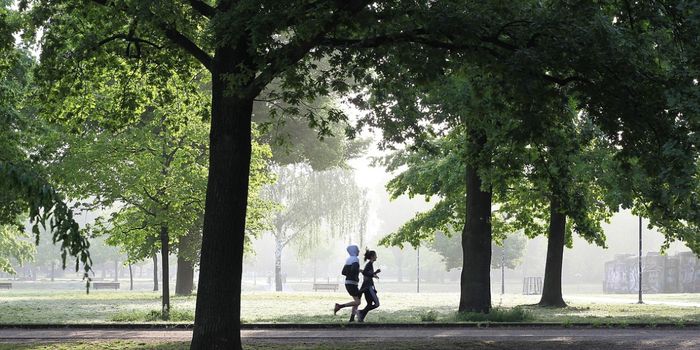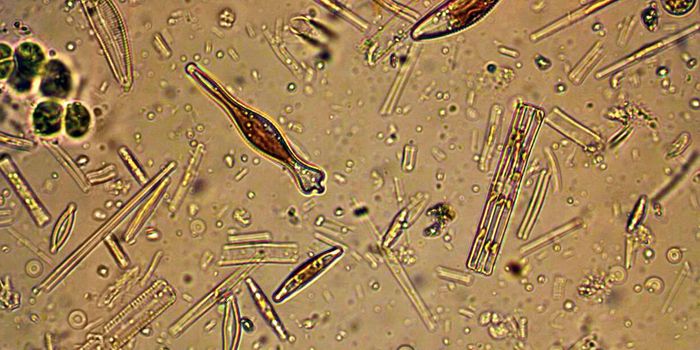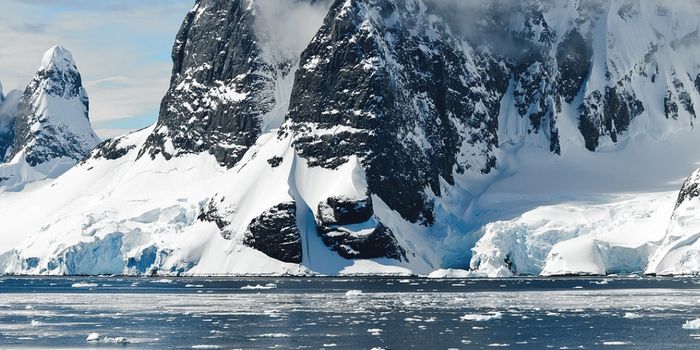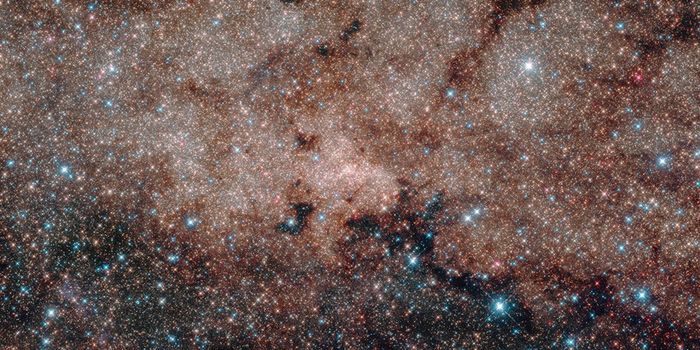Honduras is the world’s most dangerous country for environmentalists. According to Global Witness, a London-based environmental organization, between 2002 and 2014, 111 environmental activists were killed in Honduras.
Now, a third environmentalist in Honduras has been murdered just this year. Lesbia Yaneth Urquía's was found dead near a garbage dump, according to
TeleSur. Police report that at 5 p.m. on Tuesday, the 49 year old mother of three went on her typical exercise route on her bicycle. But hours later, her family grew worried when she hadn’t returned, according to
El Heraldo. Her body was found on a road in the semi-rural town of Marcala, 100 miles west of the capital Tegucigalpa, said Luis Osabas, the security ministry spokesman.
There is a clear trend in these disappearances and killings, as Urquía, like the two others killed this year, is a member of an indigenous rights organization called the Consejo de Organizaciones Populares e Indígenas de Honduras, or
COPINH. Activist Berta Cáceres, known internationally for her fight against hydroelectric dams and mines, particularly one called the Agua Zarca dam which encroached on the indigenous lands of her Lenca people, was the winner of the prestigious Goldman Environmental Prize. She was ruthlessly murdered on the night of March 3 when men trespassed into her home and shot her four times. Nelson García, 39, another vocal leader of COPINH, was killed a mere two weeks later.
Like Cáceres, Urquía fought against the construction of a hydroelectric dam in the La Paz region, COPINH said in a statement. The group added that the dam is owned by the husband of Congressional Vice President Gladys López and said it held them and the government responsible for Urquía's murder.
COPINH condemned the Honduran government in a statement, saying tha tUrquía's death suspiciously took place as the government tries to minimize the importance of the histories of indigenous communities. “Her death comes four months and four days after the murder of our colleague and leader, Berta Isabel Cáceres Flores, and it confirms that there’s a plan to remove all of those who defend nature,” the statement reads. “Her death constitutes a political femicide that looks to quiet the voices of women who with courage fight for their rights against the patriarchal, racist, and capital system, as we continue to near the destruction of our planet. This is why we place the government responsible for her death, with [Honduran President] Juan Orlando Hernández, the military forces and police, and all governmental institutions to blame since they should be protecting all environmentalists… COPINH demands that the government stop killing our members.”
The
report from Global Witness’, Latin America accounts for the most murders of land defenders in any region in 2015. Out of 185 documented killings, 100 – 54 percent – happened in Latin America, with Brazil topping in at 50 murders. Around the world, at least three environmental activists died every week protecting their land. Indigenous people account for 40 percent of victims – an indicator that the most affected are the most marginalized.
Sources:
Remezcla,
Think Progress,
The Washington Post,
Vice News










